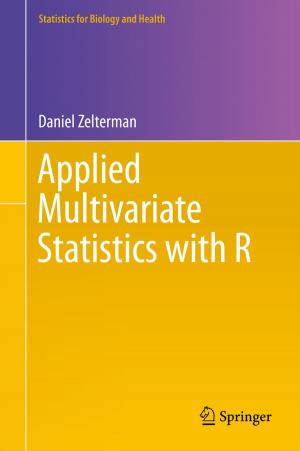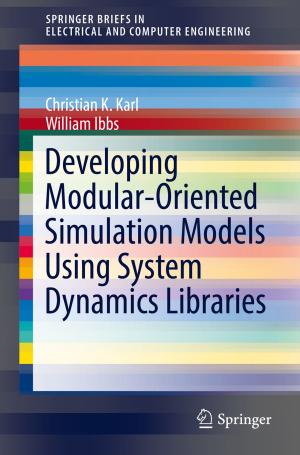Human Rights, Social Movements and Activism in Contemporary Latin American Cinema
Nonfiction, Entertainment, Performing Arts, Film| Author: | ISBN: | 9783319962085 | |
| Publisher: | Springer International Publishing | Publication: | September 11, 2018 |
| Imprint: | Palgrave Macmillan | Language: | English |
| Author: | |
| ISBN: | 9783319962085 |
| Publisher: | Springer International Publishing |
| Publication: | September 11, 2018 |
| Imprint: | Palgrave Macmillan |
| Language: | English |
This edited collection explores how contemporary Latin American cinema has dealt with and represented issues of human rights, moving beyond many of the recurring topics for Latin American films. Through diverse interdisciplinary theoretical and methodological approaches, and analyses of different audiovisual media from fictional and documentary films to digitally-distributed activist films, the contributions discuss the theme of human rights in cinema in connection to various topics and concepts.
Chapters in the volume explore the prison system, state violence, the Mexican dirty war, the Chilean dictatorship, debt, transnational finance, indigenous rights, social movement, urban occupation, the right to housing, intersectionality, LGBTT and women’s rights in the context of a number of Latin American countries. By so doing, it assesses the long overdue relation between cinema and human rights in the region, thus opening new avenues to aid the understanding of cinema’s role in social transformation.
This edited collection explores how contemporary Latin American cinema has dealt with and represented issues of human rights, moving beyond many of the recurring topics for Latin American films. Through diverse interdisciplinary theoretical and methodological approaches, and analyses of different audiovisual media from fictional and documentary films to digitally-distributed activist films, the contributions discuss the theme of human rights in cinema in connection to various topics and concepts.
Chapters in the volume explore the prison system, state violence, the Mexican dirty war, the Chilean dictatorship, debt, transnational finance, indigenous rights, social movement, urban occupation, the right to housing, intersectionality, LGBTT and women’s rights in the context of a number of Latin American countries. By so doing, it assesses the long overdue relation between cinema and human rights in the region, thus opening new avenues to aid the understanding of cinema’s role in social transformation.















